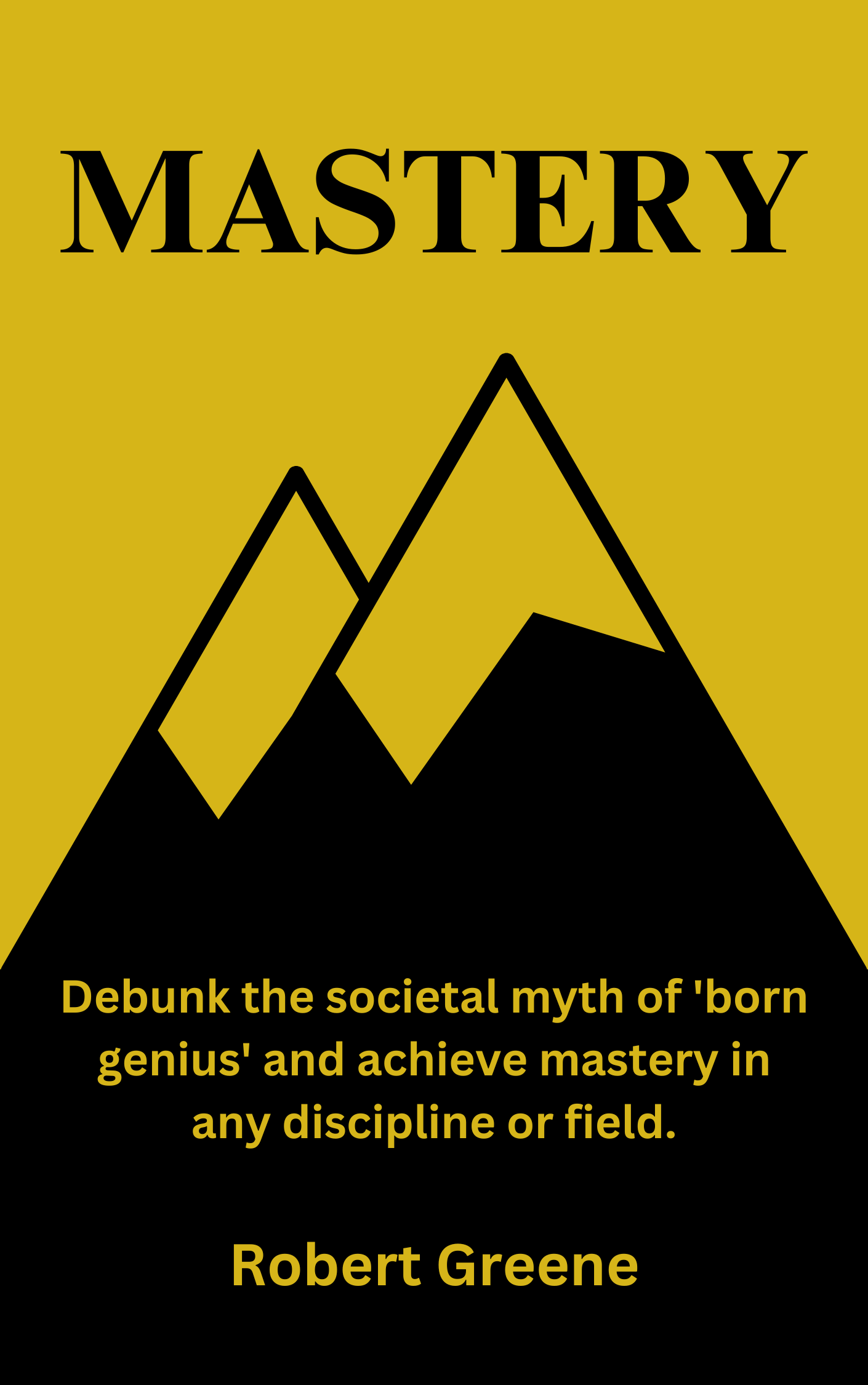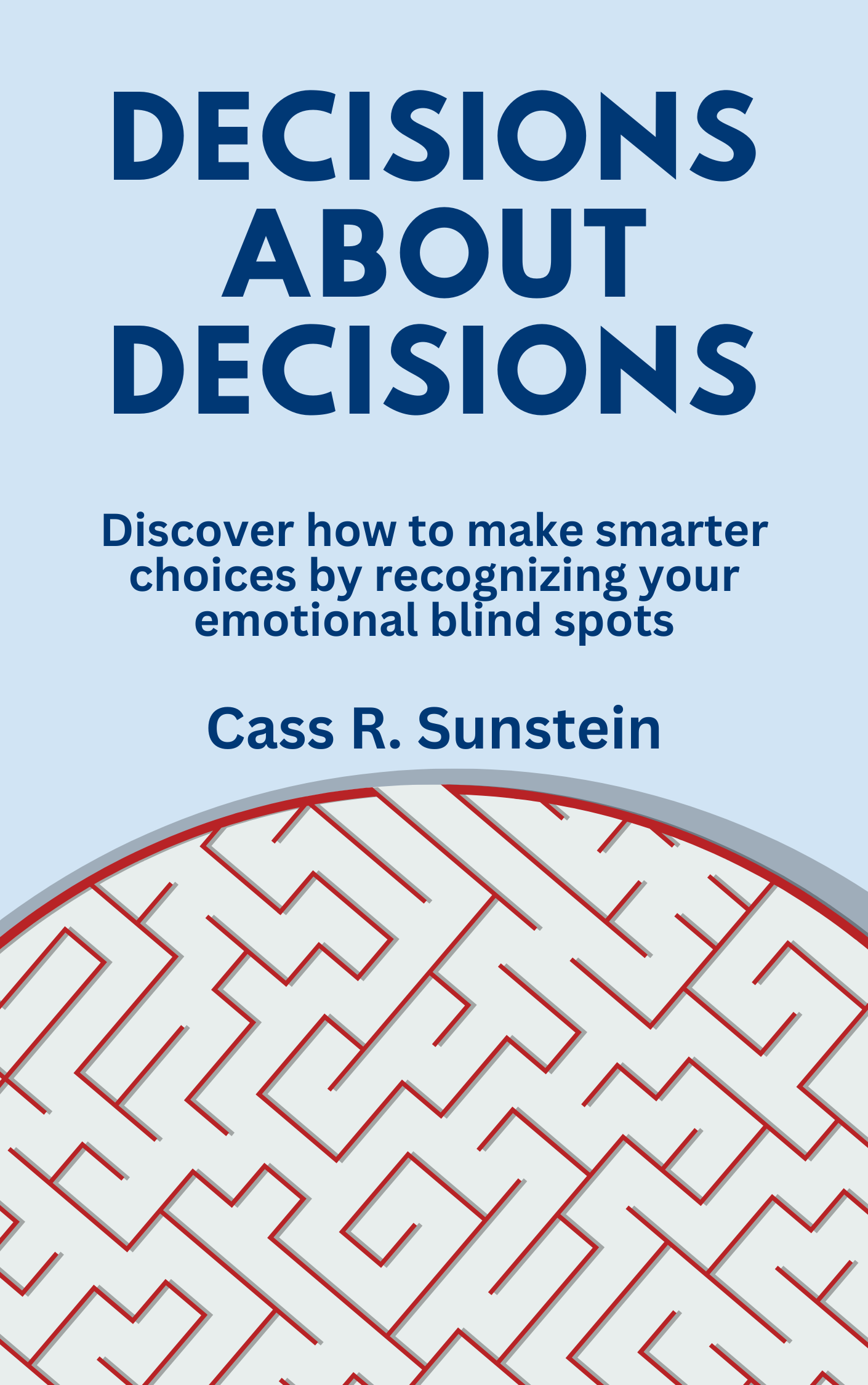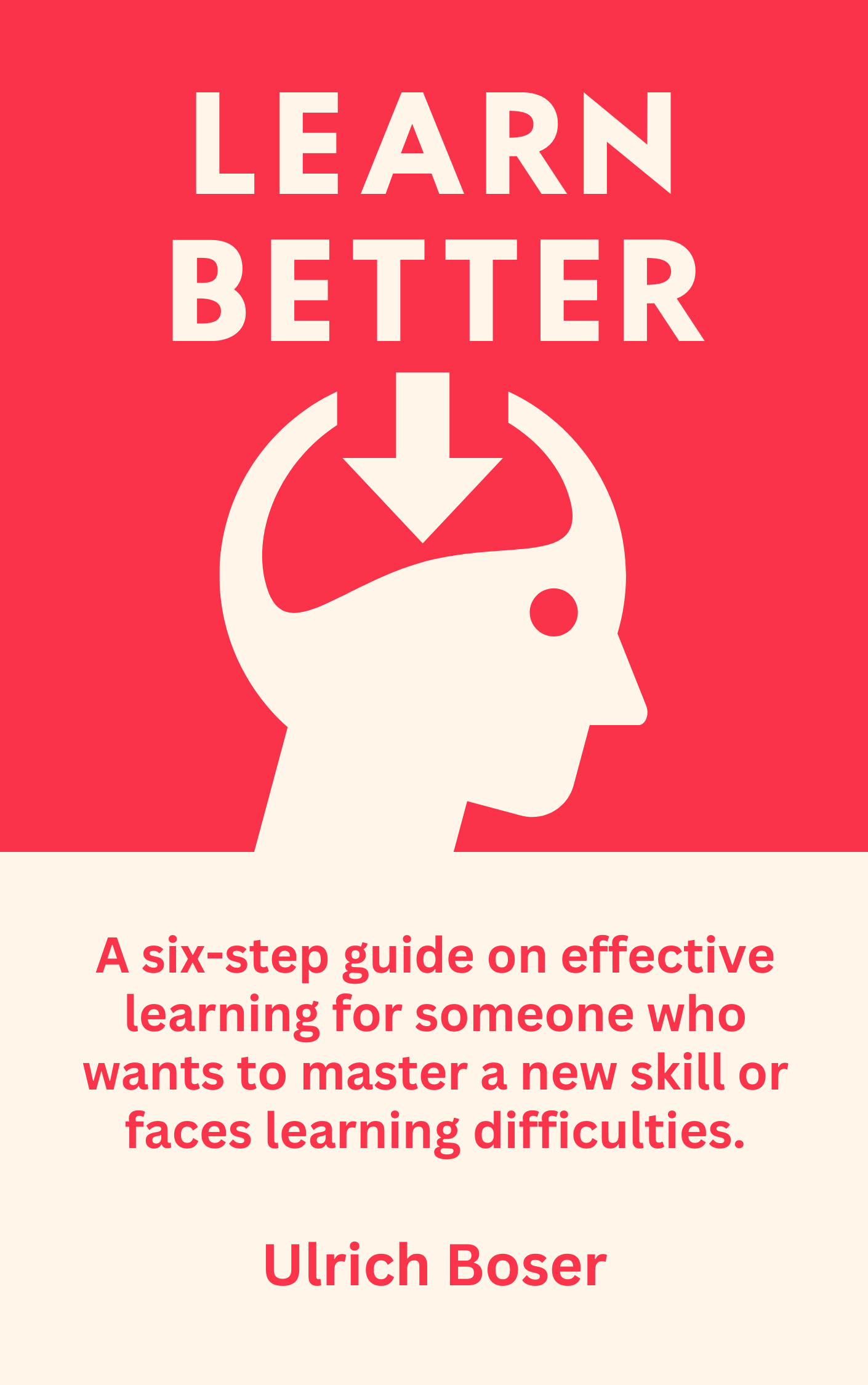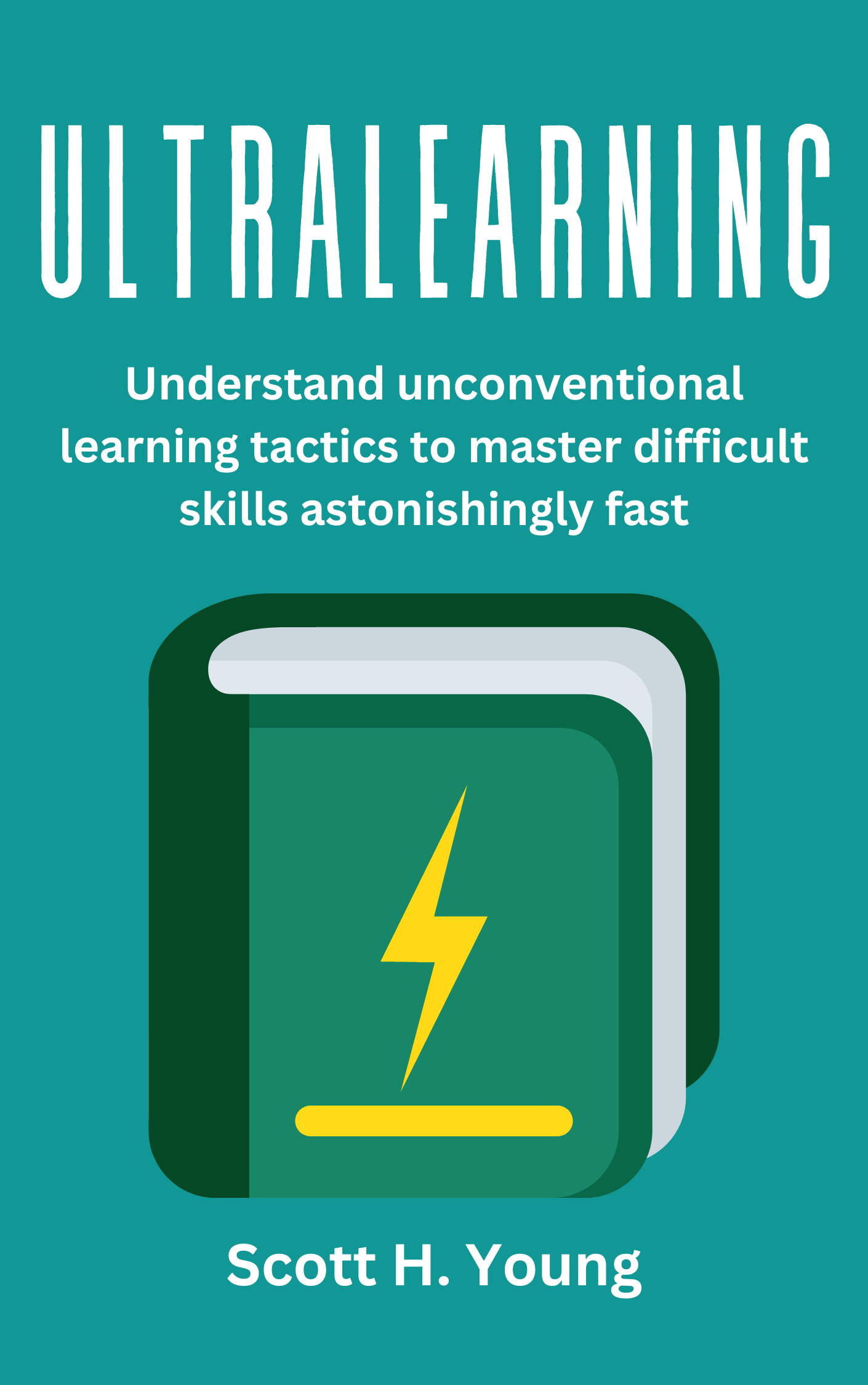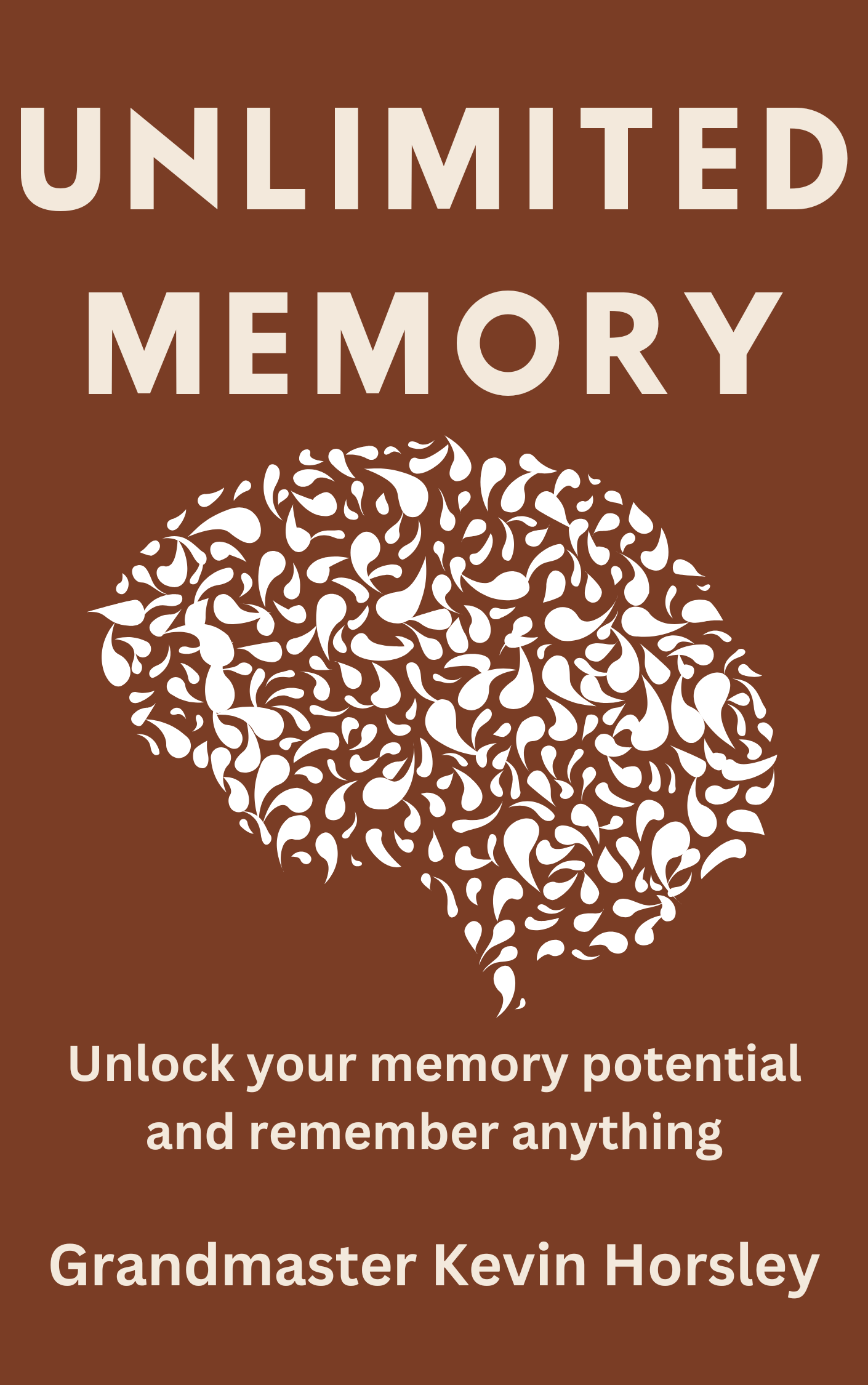Introduction
Is inherent genius a myth propagated by society? How did the masters achieve mastery? Mastery by Robert Greene (2012) shares secrets of greatness by examining stories from world-famous masters like Charles Darwin, Benjamin Franklin, Albert Einstein, and Leonard da Vinci. Greene believes mastery in a field is not about being gifted or the result of a high IQ. And anyone can become a master by following the steps of the best.
Robert Greene is a best-selling author and public speaker who has studied classical studies at the University of Wisconsin. He has authored popular books like The 48 Laws of Power (1998), The Art of Seduction (2001) and The 33 Strategies of War (2006).
Let's see why the author suggests the first step to mastery as listening to the blessed "inner calling".
Listen To Your Inner Calling And Select A Discipline Of Your Choice.
Did you ever feel that working in a specific field was your destiny, like an "inner calling"? It happens to most of us at some point in life, and when it does, listen closely to that calling! The inner voice may guide you towards a unique vocation or passion that is the perfect choice for you.
We all are unique, predestined and competent to handle our unique interests. We're not being poetic. Humans are, quite literally, unique - thanks to the infinite combinations of DNA sequences we are built of!
So, why are we all stuck in 9 to 5s and totally disinterested in exploring our individuality? Society! Society with its pressures to fit into established social norms and display "normal behaviour". But, the inner voice has the potential to break through the suppression and point us towards our uniqueness. If only we are brave enough to listen to it!
Most geniuses and masters throughout history were lucky enough to experience a moment of clarity where they could hear their inner calling. And they pursued their passion by listening closely to its guidance. For Da Vinci, his moment was when he stole a few sheets of paper from his father's office to satiate his fascination with sketches of wild animals. Many religious people experience the calling in the form of an "inner inspiration"! So, listen to the voice inside you and follow it!
How? Find out in the next part of the summary.
Learn Everything You Can Without Worrying About Earning Money Immediately!
We are drawn by success or salary cheques when we think about landing a first job. But the financial reward is not the only reward to look for if you want to master a field.
Sometimes it is preferable to learn a vocation properly, even if it does not pay well. The better-paying job roles are yours for the taking once you become the best. So, focusing your energy on gaining a practical skill set or wider knowledge base will be much more rewarding in future.
Look at the example of the popular boxer Freddie Roach. He chose to work in an unpaid position at a boxing centre when he was just a newbie in the sport. He chose to hone his skills and tactics which finally paid off - Roach is one of the best boxing trainers of all time. His decision helped him to achieve the level of success that he enjoys today.
Similarly, many other masters made a similar conscious choice when they were just starting. From Darwin to Benjamin Franklin, those in search of mastery have never cared for money. Darwin rejected a place in a medical school, rejected a well-paying job at a Church and chose instead to work as an unpaid naturalist on the HMS Beagle. Benjamin Franklin decided on a long apprenticeship in printing business. The choice came with financial hardships. Yet, Benjamin chose to learn! He learnt everything he could about a skill that came in handy later on - composing texts.
Our tip for your professional journey: don't be seduced by glamorous job titles or fat paychecks. The real treasure is acquiring deep knowledge and honing practical skills that will serve as your foundation for future success.
Next, Robert Greene discusses the best approach to learning a new skill or discipline.
Taking Guidance From A Mentor Helps For Long-Term Success!
Even the biggest hot shots out there wouldn't be where they are without some mentor who showed them the ropes. Alexander the Great learned from his mentor Aristotle, who learned from the great Plato, who learned from Socrates! Each master outshone his master and became the greatest of the greats. So, do not think you could do without a mentor.
Mastering a concept is not a walk in the park. And, let's get real, trying to do everything on your own might be a waste of time and resources. A mentor can help you navigate through the complexities of a new discipline, like a guide. They'll streamline the path for you, and you'll build on their expertise. The best thing about getting a mentor is that it is a win-win situation for both parties. The mentor sees you as their prodigy and will be keen to invest time and resources in your training. And if your mentor is someone you respect, you will do your best to learn everything from your mentor. But this does not mean your success is limited to a mentor's capabilities. Time and again, masters surpass the talent and progress of their mentors. And maybe you will, too!
Now, we come to the crucial aspect that helps you to master a skill/discipline - the willingness to question everything you learn in a specific field!
Question Everything You Learnt To Develop Your Unique Identity And Mastery In A Field!
So, what if we tell you mastery isn't about perfectly following rules, but about boldly challenging them? The path to true expertise begins with the courage to question everything you've been taught. It is time to develop your own unique style and set out on the way to mastery.
Now, the question is how to let out your uniqueness for something new when you're so focused on following the beaten path. Simple: be a child! Children are fearlessly freethinkers - rebellious, independent, and open minded. They question everything; they believe everything! Learn to do just that. In an unrestricted and fearless state of mind, new ideas develop and pre-established norms and ideas are challenged or sometimes even subverted.
Robert Greene suggests you embrace this approach if you ever hope to master a skill. Just consider the stories of masters throughout history and you will see how they embraced free thinking and innovation to create their own mark. The masters became masters when they questioned what was, and dared to give out something new. Know how Mozart came up with his compositions that are still blowing our minds? He got bored! The same old compositions were no longer challenging him. So, he experimented. That's how masters achieve mastery! They fearlessly challenge the old rules and write new, innovative and original rules.
Questioning is not enough if you don't know how to think outside the box. Learn more in the next section.
Unleash Creativity and Seek Fresh Perspectives.
We're all going through the motions without questioning if there might be a fresher way to get things done. But what if we didn't have to be creatures of habit? What if we could shake things up and solve problems with some original spice? A little habit-busting and cross-connection training is all it takes to get into that creative space.
The thing is that it's absolutely possible to train our minds to make connections we'd never considered before. Studies show that with around 10,000 hours of practice, we can actually transform how our brains process information. Suddenly you'll be seeing things in a whole new lightbulb. Just as Einstein played violin during physics research to ignite unforeseen ideas, exposing your brain to diverse stimuli facilitates remote associations. A eureka moment thanks to a change of scenery. Pretty neat trick, huh?
Another thing to work on is loosening the grip of habitual thinking. We tend to apply familiar solutions to every situation without evaluating if it's truly the best approach. We also tend to sort things into binary opposition like male/female, truth/lie, winter/summer. That's not how life works. There's a lot of gray in between. Yes, these shortcuts are there to make processing information easier, but always leaning on patterns can make us miss fresh perspectives and subtle complexities.
It's a skill built through practice. But with time, we can get better at looking at even familiar problems through new lenses and become more ingenious thinkers. After all, ingenuity is the first sign of mastery.
Then again, what is mastery for you?
Skill is Transforming A Practice into Instinct
Mastery is the ability to execute skills automatically and effectively. When you have mastered a skill, your body responds immediately to your mind's commands without conscious thought. This level of intuitive skill allows masters to see the big picture rather than getting lost in details. In fact, many masters have defined their skillset like this. Chess master Bobby Fisher could see past individual moves in the game. His perception allowed him to see multiple ways the chess game could play out. And that's why he became a master! Pianist Glenn Gould could see the entire architecture of a specific piece of composition when he played the Piano, not just the part he was playing. Seeing the complete architecture allowed him to coordinate all the elements in a composition.
Repeated practice helps develop this automatic connection between mind and body. This is a connection which is essentially rooted in our primal nature. Our ancestors didn’t separate mind and body. They acted on reflex. They didn't second-guess sensory input. Once we developed the power of abstract thinking though, we started suppressing certain reflexes. For example, when threatened, our primal instinct was fight or flight. But, now? We have learned to talk things out - a result of the separation of body and mind. Masters use practice to counteract this - reuniting physical reactions and mental understanding. This ultimately enables greater achievement of skill, coordination and insight not achievable if they remained separate.
So, someone who has gained enough experience and practice to be called a master can unify body and mind. The ability to see the 'bigger picture' equips you to display Einstein/Mozart's level of expertise in any field.
Finally, the author reiterates that anyone who is ready to follow the steps mentioned above can achieve mastery.

